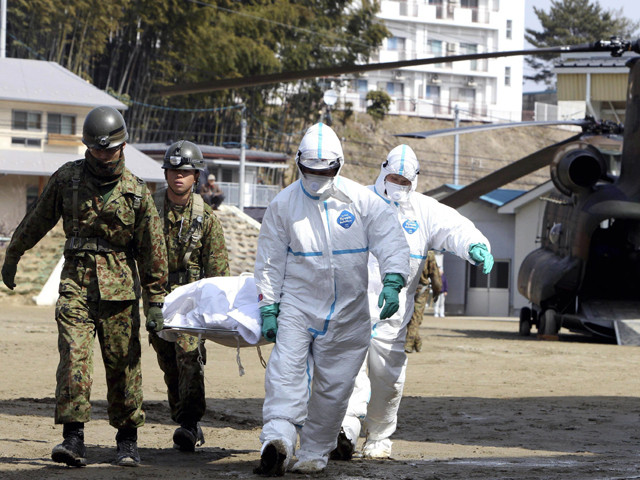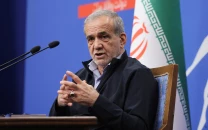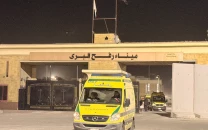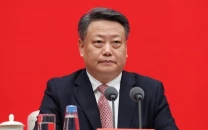Japan battles against nuclear meltdown
IAEA officials say no signs that fuel is melting at a Japanese nuclear plant.

Japan has officially asked the UN atomic watchdog for a team of experts and the United States for additional equipment as its engineers raced to prevent a meltdown at a stricken nuclear plant late Monday night. Tokyo needs water and other resources from Washington to keep its quake-damaged nuclear reactors cool.
The twin appeals came as millions of people were spending a fourth night without water, food or heating in near-freezing temperatures, even as tens of thousands of rescue workers struggled to reach them.
As bodies washed up on the coast, injured survivors, children and elderly crammed into makeshift shelters, often without medicine. By Monday, 550,000 people had been evacuated after the earthquake and tsunami that killed at least 10,000.
“Today, the government of Japan asked the agency to provide expert missions. We are in discussions with Japan on the details,” an International Atomic Energy Agency official said in a closed-door technical briefing at the watchdog’s Vienna headquarters.
Engineers struggled to cool three nuclear reactors at Fukushima power plant which has been hit by two explosions since Friday. A second explosion on Monday rocked a building housing the number-three reactor, injuring 11 people. Fuel rods at one reactor were almost fully exposed at one point on Monday, when a pump pouring cooling seawater around them ran out of its own fuel. But chief government spokesman Yukio Edano said that ongoing work to cool the number-two reactor would hopefully stabilise the situation. IAEA officials said there were no signs, at the moment, that fuel was melting at a Japanese nuclear plant. “I think at this time we don’t have any indication of fuel ...currently melting,” James Lyons, a senior nuclear safety official at the IAEA, told a news conference on the situation in Japan. IAEA deputy director general Denis Flory said radiation monitored around the Fukushima plant had peaked early in the day on March 12 and then fallen again that day.
The nuclear crisis is unlikely to turn into another Chernobyl, the world’s worst nuclear accident, Yukiya Amano, director general of the IAEA, said on Monday.
In Paris, France’s ASN nuclear safety authority said on Monday the nuclear accident in Japan could be classed as level 5 or 6 on the international scale of 1 to 7, on a par with the 1979 US Three-Mile Island meltdown. The severity estimate is above the rating of four that Japan’s nuclear safety agency has given the accident.
Governments around the globe have also questioned the use of nuclear power. Germany has suspended an agreement to extend the life of its nuclear power stations, while Switzerland put on hold some approvals for nuclear power plants. Taiwan’s state-run Taipower, in turn, said it was studying plans to cut nuclear power output.
However, the White House said President Barack Obama remains committed to keeping nuclear energy as part of the U.S. energy mix despite concerns about its safety after the earthquake in Japan. “It remains a part of the president’s overall energy plan,” White House spokesman Jay Carney said about nuclear energy.
The humanitarian crisis was unfolding on multiple fronts -- from a sudden rise in newly orphaned children to shortages of water, food, fuel and electricity to overflowing toilets in overwhelmed shelters and erratic care of traumatised survivors.
Local officials had lost contact with about 30,000 people, according to a survey by Kyodo News, raising concerns of a dramatic increase in the number of dead as authorities grapple with Japan’s biggest emergency since World War Two.
Roads and rail, power and ports have been crippled across much of the northeast of Honshu, hampering relief efforts. The government
has mobilised 100,000 soldiers to deliver food, water and fuel.
Published in The Express Tribune, March 15th, 2011.



















COMMENTS
Comments are moderated and generally will be posted if they are on-topic and not abusive.
For more information, please see our Comments FAQ